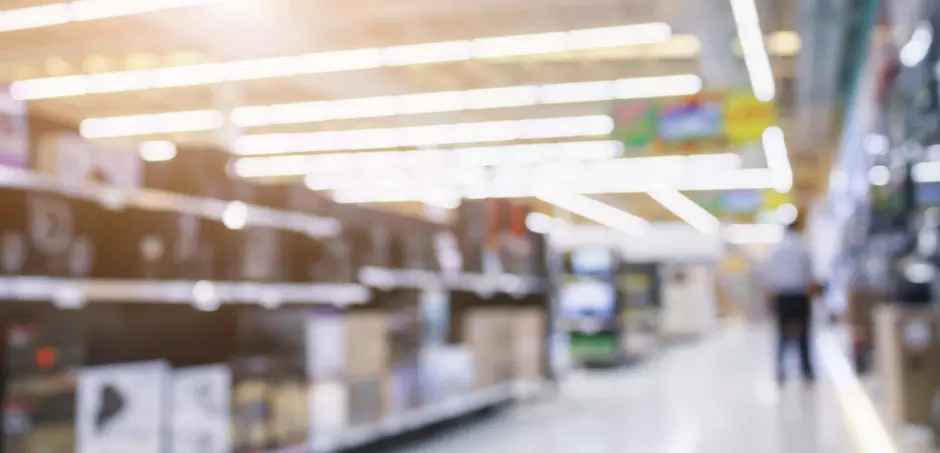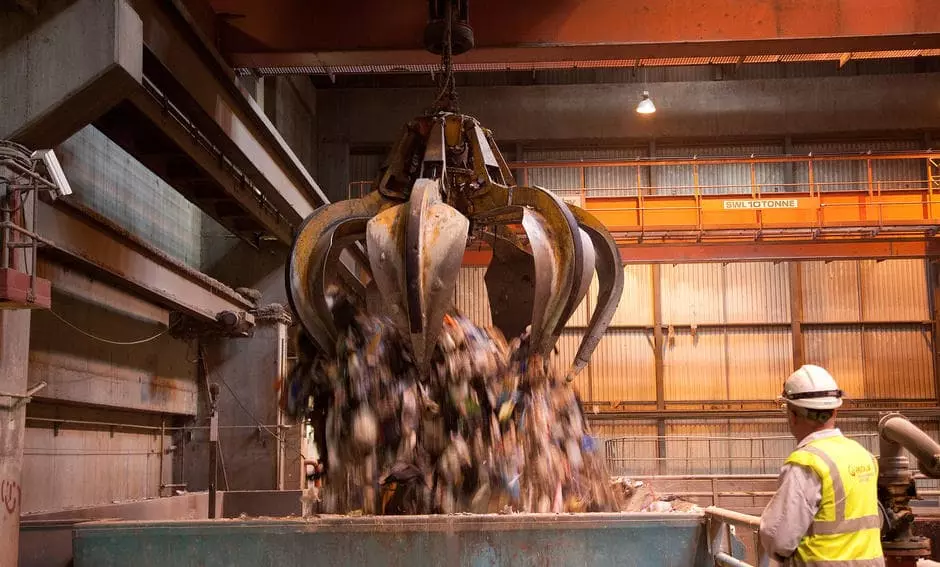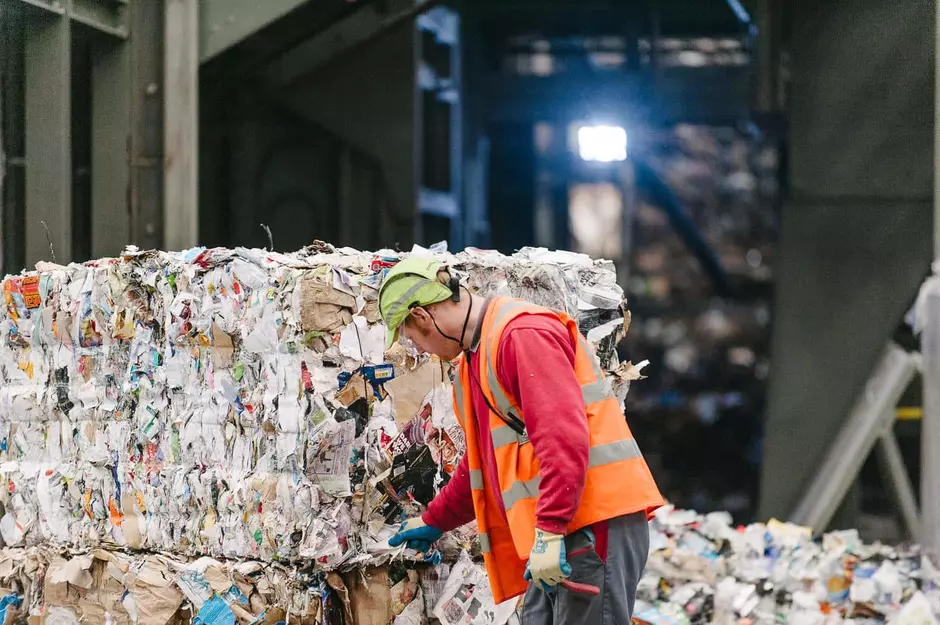Discover three circular innovations that are reducing the environmental impact of everyday consumer products
We are transitioning to a future where everything that we buy, use or consume has the potential to be recycled or converted into energy. A future where production and consumption go hand in hand – and nothing goes to waste.
Whether you are a large entity or an SME, circular thinking can help you extract value from the waste and resources throughout your product’s life cycle and present opportunities to create new low carbon products that enrich people's lives. We are on hand to work with you and help you understand the processes involved in reducing your carbon output.
What is closed loop recycling?
Closed-loop recycling is the process by which waste is collected, sorted, recycled and remanufactured back into its original form without significant degradation of materials.
What is open loop recycling?
Open-loop recycling is a recycling process that postpones disposal through remanufacturing of waste into both new raw materials (which can be used as production inputs) and waste products.
Is peat free compost better?
Completely peat-free compost is the best choice for the environment. Pro-Grow products are 100% peat free and contain 4/5 organic matter and 1/5 plant food nutrients such as Nitrogen, Phosphorus and Potassium, which are essential for plant growth.
Making Circular Vision a Reality
Here are three innovations from Veolia that are making the circular vision possible.
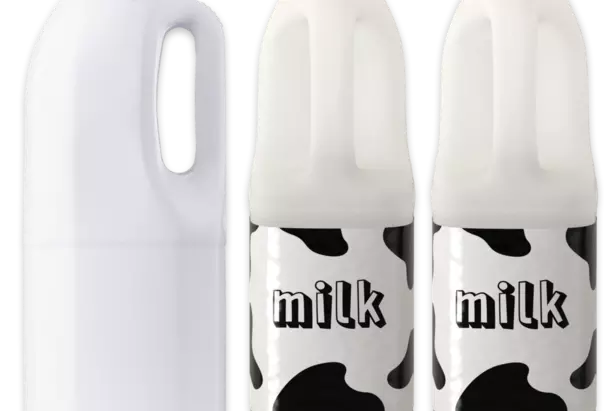
The Veolia Dagenham facility is an example of 100% closed loop recycling at scale. Used high-density polyethylene (HDPE) milk bottles are given a second, third and fourth life with this circular product loop, where 300 million bottles return to their original form every year.
The process reduces the annual carbon emissions associated with these products by 9,121 tonnes of CO2e, equivalent to taking 4,121 cars off the road.
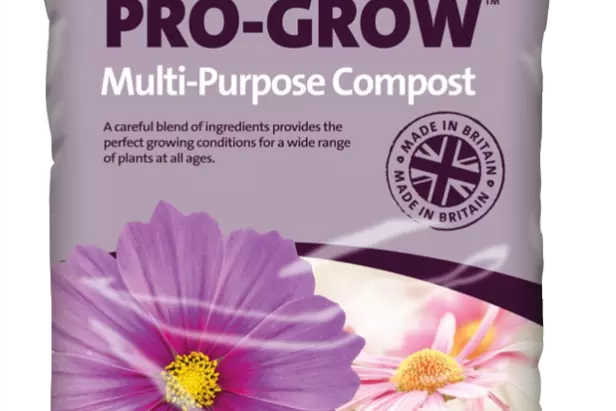
The commercial extraction of peat from peat bogs is threatening supply and at the current rate of consumption, it will soon destroy our precious peatlands. Peatlands are carbon sinks, no different to rainforests like the Amazon - and yet peat decimation is happening on British soil.
But compost does not need to contain peat; to help gardeners grow strong plants and crops while protecting the UK’s peat resources, we access the 450,000 tonnes of green waste we handle every year.
Pro-Grow products are made from composted biodegradable material collected from homes and businesses and are available to order online or in over 300 locations in the UK including garden centres, B&Q and Screwfix.
We currently produce up to 225,000 tonnes of Pro Grow compost annually, from 10L bags to 1 tonne bulky-bags. Our peat-free compost saves the equivalent of 15,750 tonnes CO2e from avoiding the extraction of peat and a further 114,750 tonnes of C02e by diverting garden waste from landfill equivalent to taking 51,917 off the road each year.
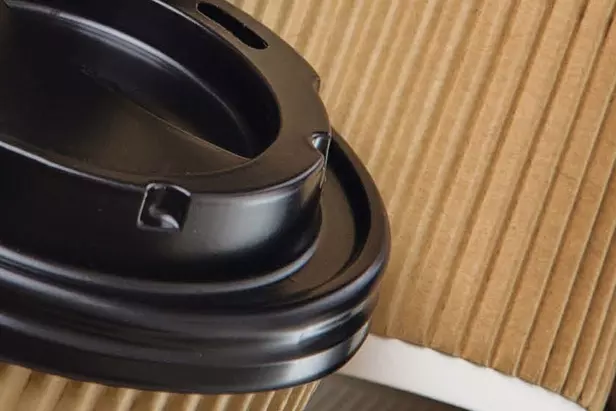
Working in partnership with Costa and Starbucks, in 2017 Veolia launched a nationwide coffee-cup recycling scheme, to a wide variety of stores and commercial premises. The scheme separates coffee cups from general waste, recovers cup fibres and separates them from the polymer plastic liner; the fibres are ultimately recycled into high value luxury paper products.
--- RELATED ARTICLES ---
Distributor Takeback Scheme (DTS) for waste electrical and electronic equipment (WEEE) approved for retailers
New regulation means many retailers will need to provide collection or ‘take back’ of small WEEE items. Find out what this means for your business.
Sweden introduces energy from waste tax on refuse derived fuel (RDF)
Sweden is introducing a new tax on refuse-derived fuel (RDF) set to impact businesses throughout the UK and Ireland. Find out what this means for you.
The Plastics Packaging Debate
Find out why swapping plastic packaging for other materials, such as paper and glass, might not be the best news for the environment.



